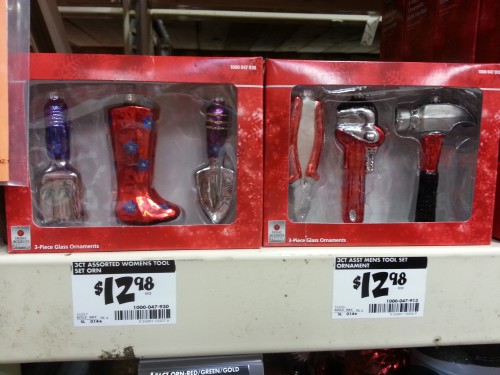Sarah Haskins, always entertaining, mocks the imperative that men buy women jewelry to show them they love them:
I’ve always wondered how women who share bank accounts with their partners feel about this.
Lisa Wade, PhD is an Associate Professor at Tulane University. She is the author of American Hookup, a book about college sexual culture; a textbook about gender; and a forthcoming introductory text: Terrible Magnificent Sociology. You can follow her on Twitter and Instagram.







